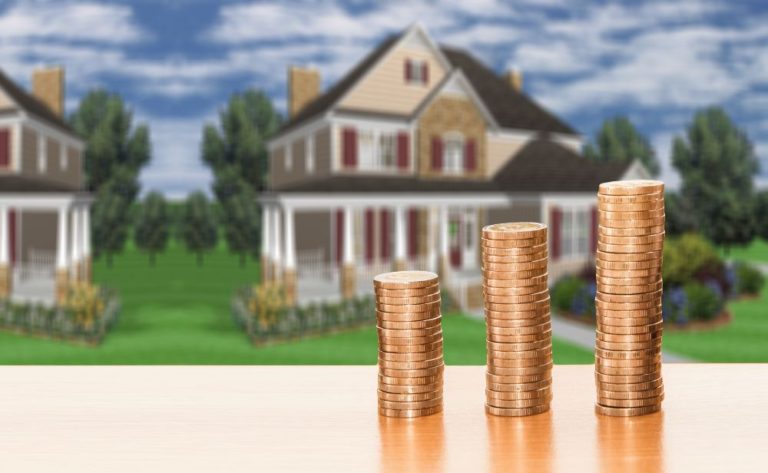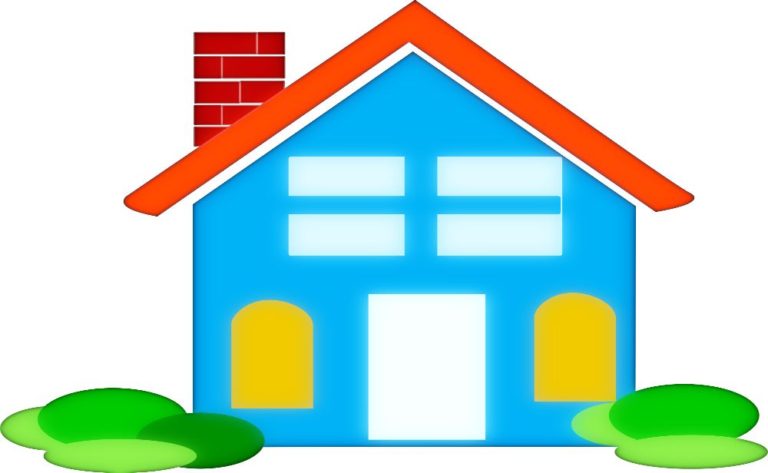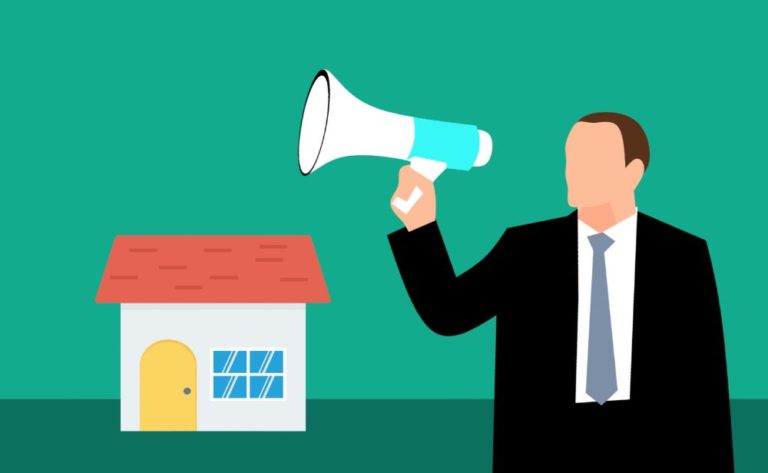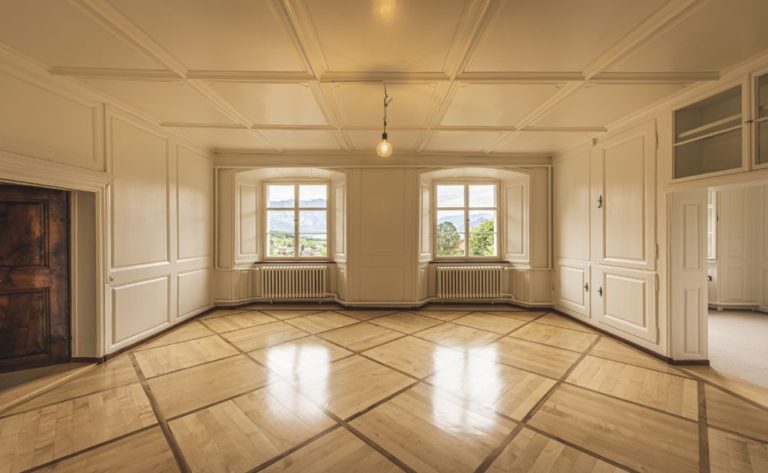How Much Is My House Worth?
Attempting to put a price tag on a home that you are in the process of selling is a tough thing to do. For starters, it’s your house, which likely contains a lifetime’s worth of happy and sad recollections, aspirations, and fantasies; all of that can cloud your judgement and cause you to choose an inappropriate asking price.
There are repercussions: If you set your sights too high, your house may remain unsold on the market for a prolonged period of time, or it may not sell at all. If you set the price too low, you run the risk of cheating yourself out of a significant amount of money.
Because of this, we are here to help you navigate through this challenging but important decision; continue reading to zero in on a price that is appropriate.
Why the price that you paid is irrelevant.
You might have a specific dollar amount in mind, perhaps based on the total amount that you paid the first time plus a little bit more. Because the value of the home increases over time, right? Maybe yes, maybe no. Although it would be nice in theory to see a significant increase in value, “ultimately, it’s up to the market,”
Think about it this way: if you could buy the same banana down the street for 69 cents, would you buy the same banana down the street for $1? Of course not! Also, a house ain’t no banana, that’s for sure.
The market value of your home will go up and down over time, regardless of the price you paid for it. You could use this to your advantage or it could work against you. On the other hand, the only thing that really matters is the current price that consumers are willing to pay.
Make use of comps, automated valuation models, and your real estate agent.
The prices of comparable properties in your neighbourhood, also referred to as “comparables,” or “comps,” are the greatest method to obtain an idea of what your home should sell for when it comes time to put it up for sale. For instance, if a home in the neighbourhood that is comparable to yours in terms of square footage, number of bedrooms and bathrooms, and overall condition recently sold for $230,000 and the transaction took place within the past three months, you can bet that your home will be priced in the same general range.
Automated valuation models, often known as AVMs, can be found on a number of different websites. These models allow users to input their address and then receive a price based on an algorithm that considers comparable properties in their region. However, AVMs are simply the beginning of the process.
An automated valuation model (AVM) “cannot really offer you an accurate price because no one has really set eyes on your house,” explains Crouch. Because of this, you need to have your agent come to your house (here is how you can discover a real estate agent in your region), so that she may consider your home’s individual advantages and disadvantages in addition to comparable properties when coming up with a more accurate estimate.
Always double check the pricing that your representative gives you. Inquire as to how she arrived at the price, and investigate the comparable sales in your neighbourhood on your own. Crouch explains that after you are able to look over the information, “you’ll be able to see a price range for yourself, so you won’t feel like you’re simply having to blindly trust your real estate agent.” This is because you won’t have to rely solely on the advice of your real estate agent.
Take into account any upgrades
You are correct in saying that you invested $10,000 in your brand-new gourmet kitchen or $15,000 in the construction of an in-ground swimming pool. Sweet! If this is the case, then it comes to reason that you will recoup those losses when you sell, right?
Well, not quite.
Refinishing hardwood floors, for example, will result in a return on investment that is significantly higher than that of converting a basement into a living area. The unfortunate reality is that not everyone is going to be completely enamoured by your built-in hot tub with five seats. Therefore, it is important that you perform adequate study and find out exactly what benefits those upgrades will bring you.
Give yourself some room for manoeuvre.
When you are trying to sell your house, the majority of potential buyers are eager to negotiate the price. According to Crouch, therefore, it is beneficial to “let them win one.” Add a bit of wiggle room to your initial offer rather than beginning with the absolute lowest price that you can afford to go.
How much? Crouch recommends that you round off your asking price in increments of $5,000 whenever possible. He says that it’s just how people think in general. If you already know that you want $347,000 for your house, you can avoid any potential complications by simply rounding the price up to $350,000.
Also keep in mind that many first-time home buyers may have a difficult time coming up with cash for closing in addition to their down payment, even if their finances are good and they are qualified for a loan. This is something that should be kept in mind when looking at the situation. It might be helpful to offer to cover closing costs while maintaining the original asking price if you want to close the deal.
Pricing with consideration given to internet surfing
After you have settled on a general price range that you are content with, the next step is to fine-tune it. Always keep in mind the parameters that shoppers use when searching for products online; even slight variations in price can have a significant impact on how many people see your listing.
According to Crouch, prospective homeowners will typically complete an online form that includes both a minimum and maximum price range. “If you’re even a dollar outside of that range, it’s going to be like your house didn’t exist—they won’t ever see it,” the agent told the buyer.
In other words, if you set the price of your house at $300,000, you run the risk of missing out on a significant number of potential buyers who are looking in the price range of $250,000–$299,999. Therefore, if you’re right on the edge, you might want to consider dialling it back a notch in order to attract more people’s attention. Do you remember what we discussed with regard to padding? It can be interpreted both ways.
Although deciding on a price can be nerve-wracking, there is one potential escape hatch: Some real estate brokerages provide what is known as a “soft” rollout strategy, in which they showcase the house as “coming soon” online but do not officially list the house in a multiple listing service (MLS). This will afford you some time to test the market and see whether or not people will click at that price. You can then alter your price accordingly without having to officially decrease or raise it on the record.






